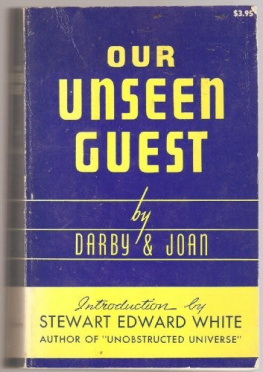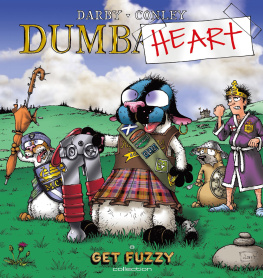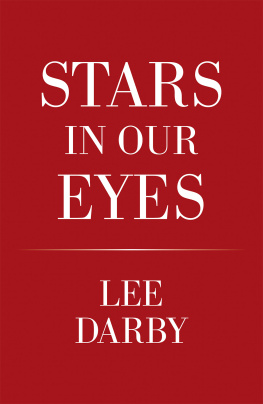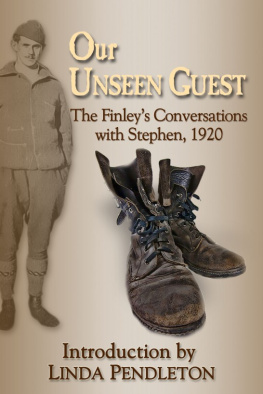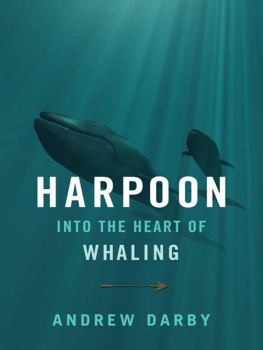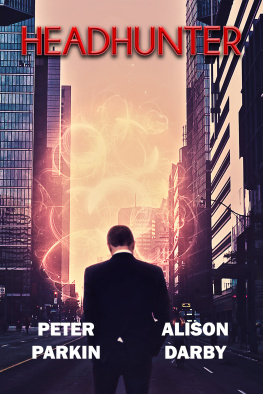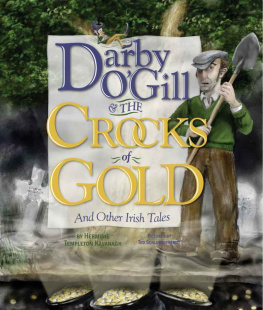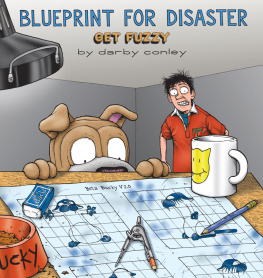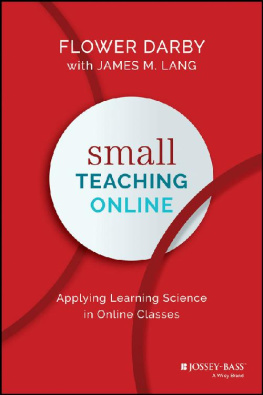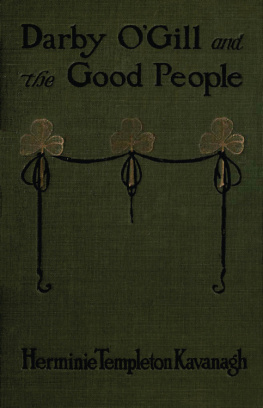"OUR UNSEEN GUEST" speaks forhimself. The discussion of thepersistence of personal identity and consciousness and of the question ofcontinued life and activity after "the darknessor the dawnthat men calldeath" affords abundant matter for reflection and debate.
The publishers can only say that the reasons for anonymity of authorship are reasonable and adequate; they knowboth "Darby" and "Joan" and have confidence in theircomplete sincerity; the persons and placesreferred to under names which for obvious reasons have been changed, are real, and for the most part exceedingly well known.
But the book muststand upon its own feet.
I. THE COMING OF STEPHEN
OUR firstexperience with psychic phenomena occurred on the evening of December 7,1916by way of a Ouija-board. Neither Joan nor I had ever seen a Ouija-boardbefore. The "toy" came into our hands quite by accident.
We were taking our dinners at a private boarding-house some blocksfrom the apartment building in which we lived. On the evening in question asudden storm blew off the lake, while we were at table, and after the meal Joanand I wandered into a deserted sitting-room to wait until the wind and sleetabated. There one of the resident guests had left the Ouija, a remnantdoubtless of some Halloween party.
"How does the thing work?" Joanasked.
I read the directions; we rested the board, whereon the alphabetwas printed in two semi-circles upon our knees, and put the tips of our fingerson the flatiron-like pointer.
"Now,"said I, "this tripod affair is supposed to move from letter to letter,spelling out a message."
Thus we sat for a periodten minutes, perhaps. We joked, Iremember, of the good fortunes Ouija would tell us. But no message came. Then,just as we were about to give up, the tripod began to move.
"Quality of consciousness," it spelled. A pausethen,once more, "Quality of consciousness."
"Darby!" Joan took her fingers from the pointer."You can't fool me like that. You did it! 'Quality of consciousness'thatdoesn't mean anything, anyway."
Ilooked into Joan's eyes. Was it she who had moved the tripod, or did shehonestly accuse me?
"Notguilty!" I pleaded. For a moment we faced each other in silence. Then saidJoan, gravely, "Let's try it again." So we tried it again.
On the instant the tripod gathered strength. Over the alphabet itmoved, slowly, yet with machine-like precision, pausing on this letter andthat. Here are the words it spelled:
"For you twoI have a message, a revelation. Communication is so slow, so difficult, that I can do little morethan give you the suggestion. But if you will reason along the lines I pointout, you can reach the truth."
"What truth?"
"Inas far," the answer came, "as it is given you to understand, thatultimate truththe why, the whence, the whitherwhich men have longed to knowsince knowledge was."
"Who are you?" I asked,addressing the empty air.
"I am Robert L----- , anAmerican," the tripod spelled, giving the
last name, though it is not set down here.
"Robert L----- ?" I said, thename meaning nothing to me. "Is
that rightRobert L-- ?"
"L----- ." spelledthe Ouija-board. Then came, not Robert, but
another Christian nameStephen, let ussay, though the name actually spelled began, like Robert, with R.
"We understand your family name to beL---- ," I said. "Now
can you straighten out the given name? Isit Robert or Stephen?"
Promptlythe Ouija-board spelled a contraction, itself not beginning with R, of the namefor which "Stephen" is here substituteda contraction or nickname, bywhich (I anticipate my story) he whom this narrative will continue to callStephen had been known among his friends.
"Your name, then, is Stephen L-- ?"I asked.
"Yes,"replied the Ouija-board.
ToJoan and me Stephen's name, which we do not feel at liberty to divulge, meantnothing more, on this night of December 7, 1916, than any totally new namesignifies when stumbled across for the first time. We had never heard of such aperson.
The margin of the newspaper on which I had been recording the Ouija-board'swords threatened to prove inadequate. I dug an envelope out of my pocket, andsaid: "We don't know you. But never mind that. Go ahead."
"Let me tell you about myself,"the tripod answered.
And then to our great amazement there was written out upon the Ouija-boardthe death story of a soldier, an American killed in service of the Alliedcause. Not once, except as I removed my hands to record the sentences, did thetripod hesitate. Joan and I sat astounded at the mere facility of theperformance. The circumstantial vividness of the tripod's story wasdumfounding, for, like Stephen's name, the story of his death was wholly new tous.
Why is the storynot given here? Because Stephen wishes it withheld; because to those still inthis life whom he loved, and loves, undesired publicity would result. His deathwas unique; to report the story of the Ouija-board would be to identify him.
It is curious; already I speak of Stephen as though he were aperson, as real a person as myself. This manner of speech is a convenience, atleast. As a matter of fact, Joan and I do not wish here and now to passjudgment definitely on Stephen's realityor unreality.
I said to Stephen some weeks later: "You wish us to makepublic your philosophy. Do you realize that the story of your death is alogical part of any report we might make? Verified, it is evidential, tendingto prove that, dead though you are, you still live."
Itwas not Stephen who answered, but another, one who came in Stephen's wake,hopeful, apparently, that he might be of help, now and then, in clarifying adoubtful philosophic point. Let us call this personality "theprofessor." The professor's answer was:
"Stephen's revelation is its own best test. Itsreasonableness, my dear sir, in the light of earth's already acquiredknowledge, is its best proof."

